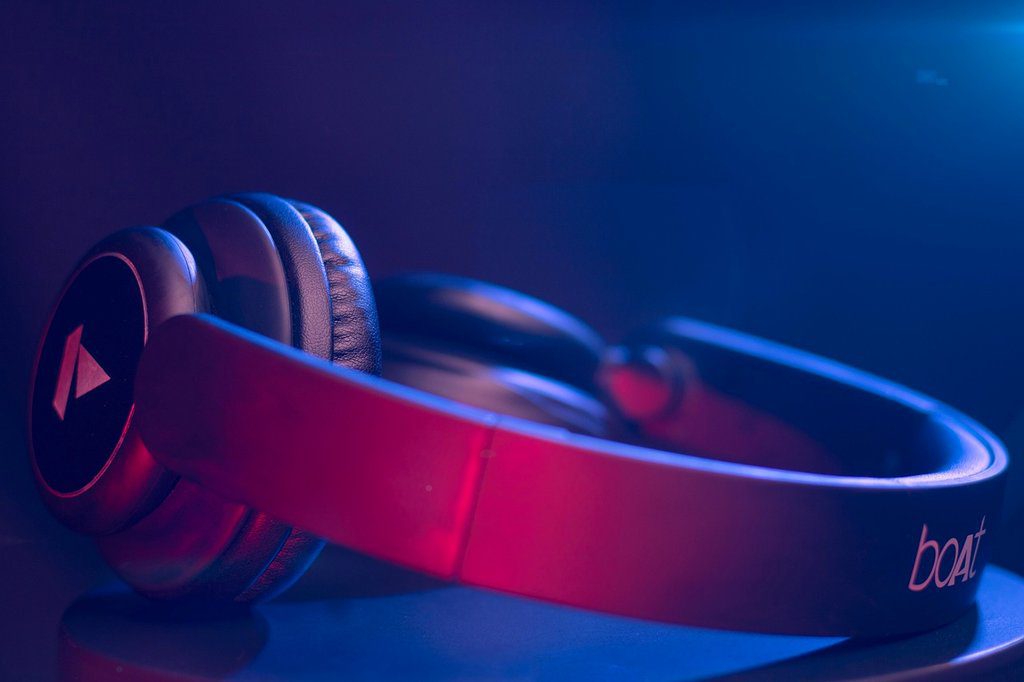Sora Copycats Flood Apple App Store
Following the launch of OpenAI’s invite-only, video-generating mobile app, Sora, the Apple App Store experienced a surge of copycat applications attempting to capitalize on the app’s popularity. These fraudulent apps, many using the “Sora” or “Sora 2” branding, managed to bypass Apple’s App Review process, raising concerns about the platform’s security and quality control measures.
Table of contents
Official guidance: NIST — official guidance for Sora copycats flooded Apple App Store Explained
The Rise of Imposter Apps

Appfigures, an app intelligence platform, identified over a dozen “Sora”-branded apps that appeared on the App Store after the official app’s release. A significant portion of these imposters, more than half, specifically used “Sora 2” in their names, referencing the underlying AI video model. This blatant attempt to mimic OpenAI’s branding was even noted by Apple blogger John Gruber, who labeled one such app as the “App Store scam of the week.”
Many of these apps were not new creations. Some had been available on the App Store for months, even since the previous year, sometimes under different names. These apps were quickly updated after the official Sora app launched to take advantage of consumer interest. This involved changing their names to include “Sora” or related terms, demonstrating a clear intention to deceive users searching for the legitimate application.
Install Numbers and Revenue

Collectively, the imposter apps on both the Apple App Store and Google Play had amassed approximately 300,000 installs to date. Over 80,000 of these installs occurred after the launch of OpenAI’s Sora app, highlighting the effectiveness of their deceptive tactics. In comparison, OpenAI has reported that its official Sora mobile app has been downloaded 1 million times.
Financially, these copycat apps have proven to be surprisingly lucrative. The fraudulent “Sora” apps have collectively earned more than $160,000. One of the most successful imposters, named “Sora 2 – AI Video Generator,” gained over 50,000 installs after the official app’s launch, demonstrating the potential for significant financial gain through deceptive app store practices.
Apple’s Response and Remaining Apps
It remains unclear how these “Sora”-branded apps managed to circumvent Apple’s App Review process in the first place. However, Appfigures reported that Apple eventually removed many of the imposter apps from its App Store. Despite this cleanup effort, some “Sora”-branded apps remained available at the time of reporting, raising ongoing concerns about potential consumer confusion.
Examples of remaining apps included “PetReels — Sora for Pets,” which had seen only a few hundred installs, and “Viral AI Photo Maker: Vi-sora,” which attempted to incorporate “Sora” into its name without much success. “Sora 2 – Video Generator Ai” had performed better, accumulating over 6,000 downloads and counting. Apple was asked for comment on how these apps were able to go live and if these remaining Sora-branded apps would be removed, but no response was received.
The Broader Implications
The proliferation of “Sora” copycat apps on the Apple App Store highlights a persistent problem within app marketplaces: the ease with which scammers can exploit popular trends and brand names to deceive users. While Apple has taken steps to remove many of these apps, the incident raises questions about the effectiveness of its app review process and the measures in place to protect consumers from fraudulent applications.
This incident serves as a reminder for users to exercise caution when downloading apps, particularly those related to trending technologies or well-known brands. Verifying the developer’s identity and carefully reading app descriptions and reviews can help users avoid falling victim to scams and downloading potentially harmful or misleading applications. The incident also puts pressure on Apple and other app store operators to further strengthen their review processes and proactively identify and remove fraudulent apps that attempt to exploit consumer interest.
The flooding of the Apple App Store with Sora copycats demonstrates the challenges platforms face in combating fraudulent apps. While steps were taken to remove many of the offenders, the incident underscores the need for continuous vigilance and improved review processes to protect users from deceptive practices and maintain the integrity of the app ecosystem.
Disclaimer: The information in this article is for general guidance only and may contain affiliate links. Always verify details with official sources.
Explore more: related articles.

